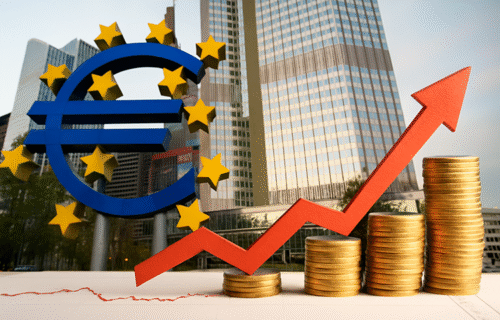The Future Inflation Index (WPI), which forecasts changes in consumer prices several months ahead, remained unchanged in September compared with August. Despite this pause, the index has been on a downward trend since March, pointing to continued easing of consumer price inflation.
Most underlying factors currently support disinflation. On the external side, global commodity prices have been stable, particularly in food and energy, which typically have a strong influence on overall inflation. Domestically, inflation expectations among both households and businesses continue to decline.
The latest consumer survey shows that the share of households expecting higher prices is broadly unchanged from recent months and five percentage points lower than a year earlier. However, there has been a slight increase in the number of respondents expecting prices to rise faster than at present.
Among businesses, inflation expectations have also weakened. Since January, the balance between companies planning price increases and those expecting reductions has narrowed from 13.3 percentage points to 2.3. This indicates a broad shift toward more cautious pricing strategies, though differences remain across industries. Durable and non-durable consumer goods producers, including food manufacturers, along with transport equipment companies, are still more likely to raise prices, largely in response to higher household incomes and rising consumer spending.
Poland’s economy is currently in an early recovery phase, which reduces incentives for firms to increase prices. Businesses are prioritising turnover growth over margin expansion. Nevertheless, strong consumer demand, which has been a consistent driver of economic growth in recent years, poses a potential risk to price stability if production capacity cannot keep pace.
Source: BIEC
